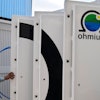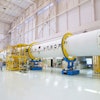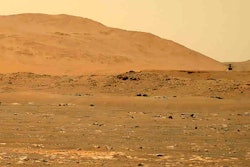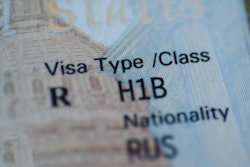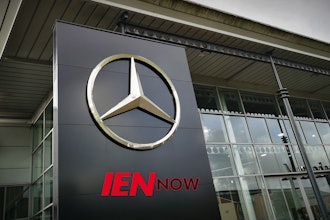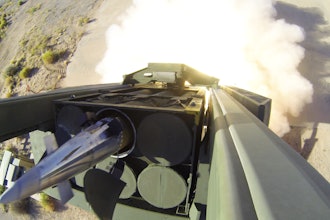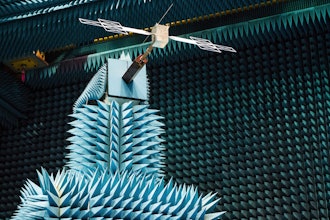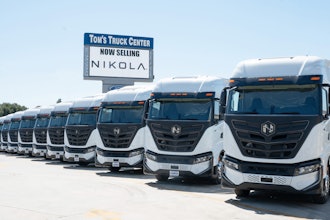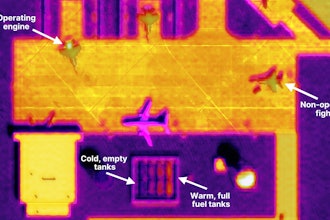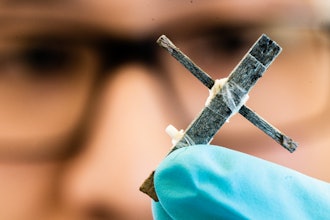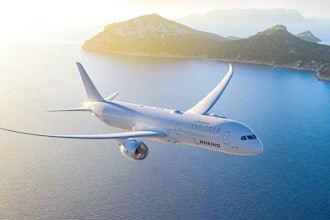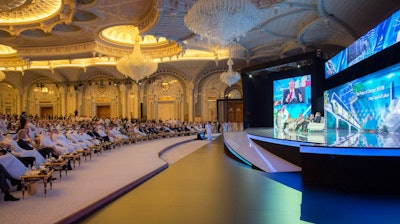
RIYADH, Saudi Arabia (AP) — Saudi Arabia's powerful crown prince on Tuesday announced plans to build a futuristic city run entirely on alternative sources of energy and said the ultraconservative kingdom must return to "moderate Islam."
The $500 billion "Neom" project , envisioned as a hub for technological innovation, will be funded by the kingdom's sovereign wealth fund, which the prince oversees, as well as the Saudi government and a range of private and international investors.
"This place is not for conventional people or conventional companies," Crown Prince Mohammed bin Salman told an audience of investors from around the world gathered in the capital, Riyadh, on Tuesday. "This will be a place for the dreamers of the world."
It's the latest surprise move by Saudi Arabia, a country that for decades was characterized by slow, cautious reforms, bureaucratic red tape and promises that fell short of target. The kingdom was forced to spring into action nearly three years ago after global energy prices fell by more than half, threatening to deplete Saudi foreign reserves and spending power by 2020.
Now, the kingdom is on a mission to build the world's largest sovereign wealth fund to invest in projects like Neom. The aim is diversify revenue away from oil exports and create more jobs under a plan spearheaded by the crown prince known as Vision 2030 .
No reform, however, was more disruptive to the old order than last month's decision to lift the ban on women driving next summer. Saudi Arabia is also expected to bring back cinemas soon as it opens the ultraconservative country to more entertainment.
Prince Mohammed defended these reforms at the conference on Tuesday, saying "we were not like this in the past."
"We want to go back to what we were: Moderate Islam," the prince said during his rare public appearance. The heir to the throne said the kingdom will work to defeat extremist ideas and ensure that young Saudis live in harmony with the rest of the world.
He was speaking on a panel that included business titans Stephen Schwarzman of U.S. private equity firm Blackstone and Masayoshi Son of Japan's technology conglomerate SoftBank.
As panelist after panelist lavished praise on the 32-year-old prince for his "passion," ''vision" and "enthusiasm," he interjected, saying: "I'm one of 20 million people. I am nothing without them."
For many middle and lower-income Saudi families, the prince's reform blueprint is long overdue.
Most Saudis hold jobs with the government, where wages for many can average just a few hundred dollars a month. Still, the public sector wage bill eats up about half of the government's total expenditure. As part of Vision 2030, the government plans to trim the public sector workforce by about 20 percent while ensuring there are enough jobs in the private sector to keep up with demand.
Over the next decade, an estimated 5 million young Saudis will enter the workforce, creating an urgent need for rapid job creation.
Projects like Neom are focused on creating some of those jobs. The independent economic zone in the northwestern region of the country, near Egypt and Jordan, sits on 26,500 square kilometers (10,230 square miles) of untouched land along the Red Sea.
The crown prince envisions it as a hub for innovation, where scientists would develop new technologies and investors would make healthy returns. It's a place, he said, where drones, driverless cars and robotics might all work together to ensure there's no traffic, for example.
Prince Mohammed chose to unveil the project at the Future Investment Initiativeconference being organized by Saudi Arabia's sovereign wealth fund.
The kingdom plans to transform the fund into the world's largest by listing less than 5 percent of state-owned oil giant Aramco on the Saudi stock exchange and an international exchange, and transferring ownership of Aramco to the Public Investment Fund, also known as PIF.
Saudi Arabia says this could put some $2 trillion under PIF's control— double that of Norway's sovereign wealth fund, which is currently the world's largest.
Speaking to Bloomberg TV on the sidelines of the conference, PIF Managing Director Yasir al-Rumayyan said the fund currently manages about $230 billion in assets.
Recently, reports emerged that Saudi Arabia was considering holding off on the international portion of the Aramco IPO in favor of a private offering from a key investor like China. Saudi officials, however, insist Aramco is on track for listings as early as next year.
Al-Rumayyan, who is also on the board of Aramco, addressed those concerns at the forum in Riyadh, saying: "Everything is on track, 2018 is our target."

